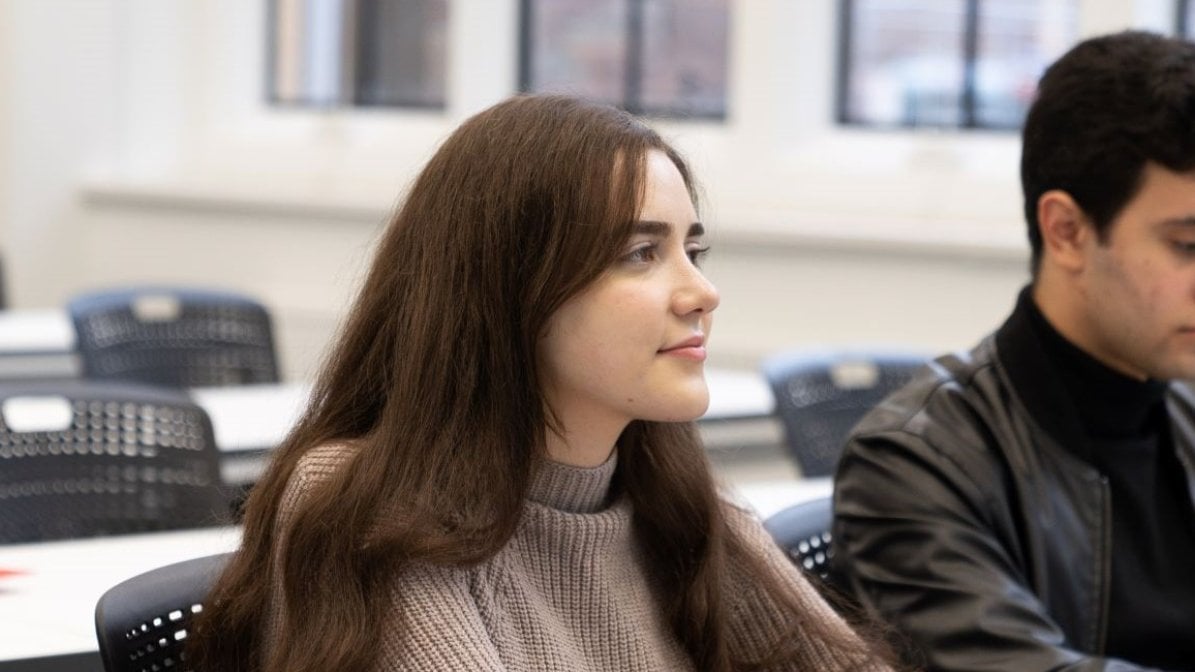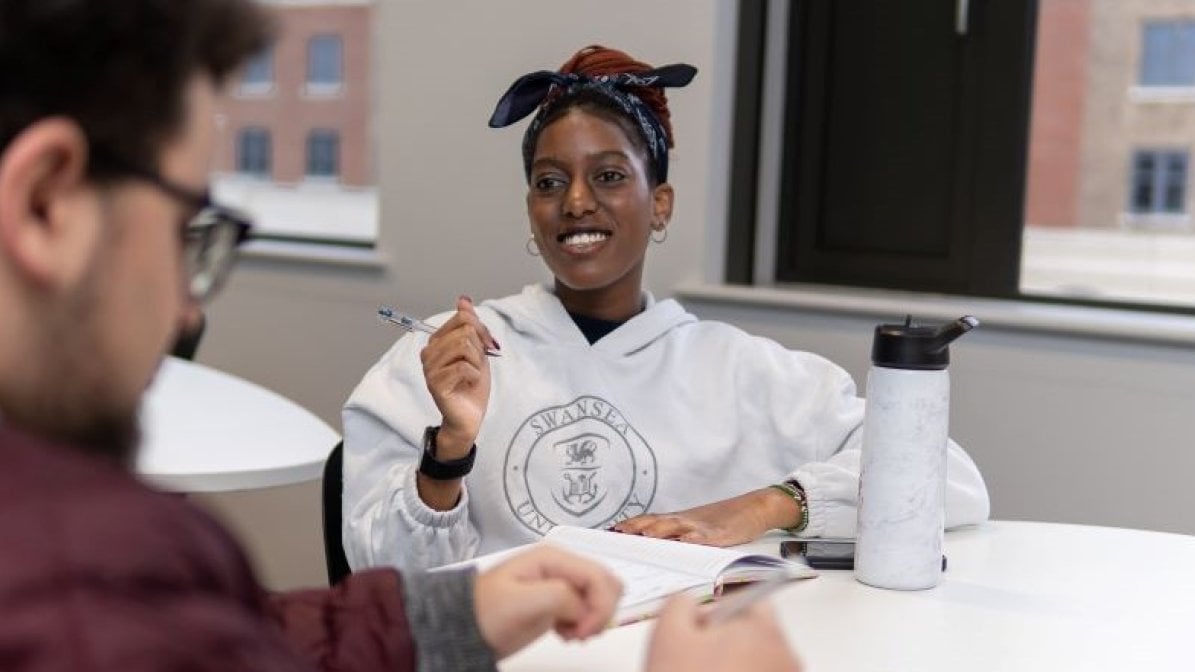Resources and internal training
Watch our latest adviser live all about personal statements and applications.
Catch up on the latest webinars and training sessions
- This presentation deck has been designed to support you through the changes to the personal statement for the 2026 cycle. You can copy and paste slides into your own materials and guides to support staff training and CPD.
This presentation deck has been designed to support parents and carers through the changes to the personal statement for the 2026 cycle. You can copy and paste slides into your materials and guides to tailor the deck to your requirements.


